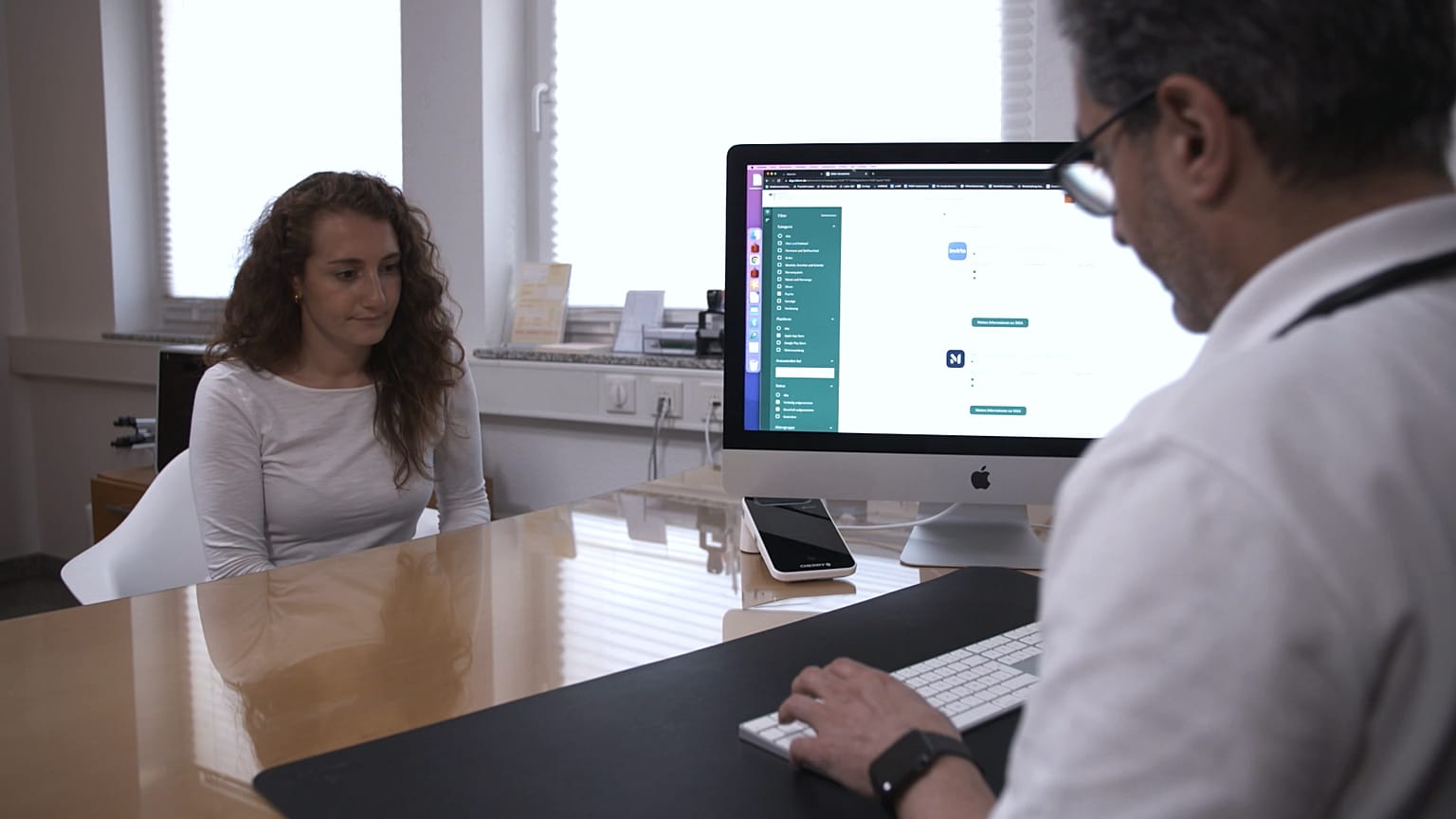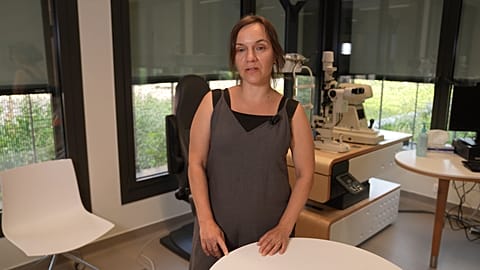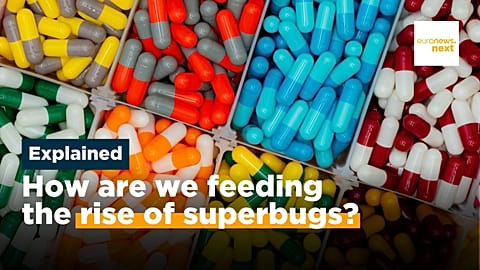Cross-border data sharing and cutting-edge tech are increasingly at the heart of healthcare in Europe. We take a look at this digital revolution.
The Covid-19 pandemic saw spectacular advances in vaccine technology, but it also highlighted the huge importance of digital healthcare. Exchanging and having access to clinical information can be vital for both the treatment and better health outcomes for patients.
It’s the reason why digitalisation and data sharing are now seen as key tools for public healthcare systems.
The dawn of a digital healthcare era
The European Union has made digitalisation in healthcare one of its top priorities. It’s just launched a European Health Data Space that will be gradually implemented over the coming years.
This interconnected database aims to facilitate access to patient health information and ensure continuity of care, even if they are in another European country.
The exchange of health information is regulated by existing national and European legislation.
The European Health Data Space promises more efficient care and better diagnostic capacity, and it should also boost scientific research, enabling European companies to create more tailored medicine, health devices and services.
This increased data sharing should lead to better and more informed policy-making. Based on the existing cross-border healthcare directive, member states collaborate through a voluntary network connecting national authorities which are responsible for eHealth. The European Commission has set up the MyHealth@EU infrastructure to facilitate the cross-border exchange of health data.
The view from Portugal
Over the last two years, several EU countries have accelerated their use of digital health technology.
Portugal is at the forefront of this revolution. The country’s health ministry has tasked an IT authority to carry out this transition.
"When it comes to digital data, what we want is for this data, once it has been entered into the system, to generate information that actually feeds the entire system. This happens at various levels in Portugal, and today we have clinical data resulting from medical information that is related to each user," Luis Filipe Goes Pinheiro, Chairman of the Board of Directors, SPMS, told Euronews.
Portugal has almost stopped using paper prescriptions. Now, around 98 percent of the country’s hospitals provide digital ones.
Clinical files are also stored online. Patients can access their health information through a website and a smartphone application, where they can also connect to a doctor for a teleconsultation.
The same app also allows patients to reach the ministry of health’s contact centre for general inquiries.
In addition to Portuguese, answers are provided in English and sign language - the first few months of 2022 saw more than 4.5 million Portuguese people contact it.
Artificial intelligence is also harnessing data to help healthcare professionals improve operations, notably triage and treatment.
"We are helping in the decision-making process, for both doctors and users, in relation to any pathologies that they might have and that may be more easily detectable through these artificial intelligence mechanisms," said Pedro Marques, Data Area Coordinator, SPMS.
Germany's digital health strides
Advances in digital health are also underway in Germany with an app system called DIGA.
At a surgery in Bottrop, in the northwest of the country, doctors prescribe apps just as they would medicine to help patients better manage their health. Users can download them to their smartphone, tablet, or computer - the cost of the app is even reimbursed by the national health system.
The apps include a range of medical conditions from cancer to cardiovascular diseases, chronic migraines and depression.
"If I think of concrete examples, such as migraine, weight loss, or tinnitus, one can benefit from receiving support outside the surgery, when it comes to documentation, but also receive help on what to do when the condition gets worse so that the patient is not left alone, outside the practice’s premises, so to speak," said Sami Gaber, from Gaber Medical Centre.
The creation of a European health data space is set to revolutionise medicine as we know it. Marking a new era of cooperation, European countries are already exploring ways to harmonise rules and standards while also making sure patient health data is kept safe.

















